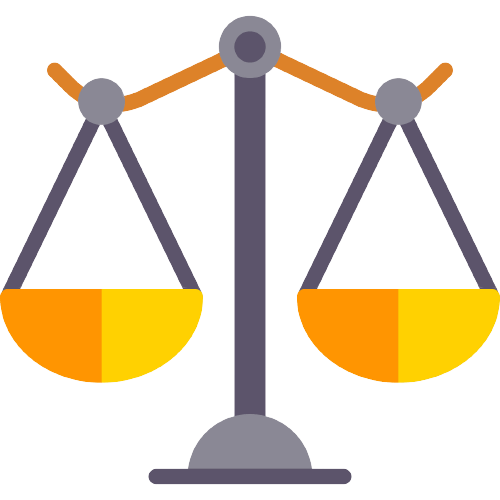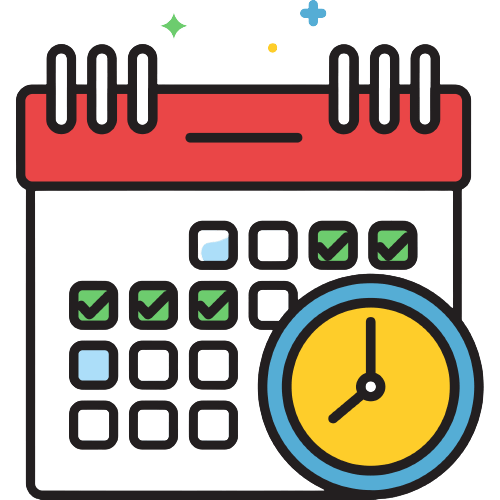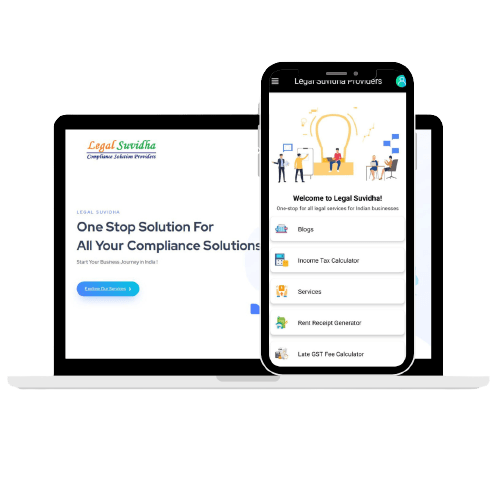AI in legal research refers to the use of artificial intelligence (AI) and machine learning (ML) algorithms to automate and improve the process of legal research. Legal research is an essential part of the judicial process, and it involves reviewing and analyzing legal cases, statutes, and regulations to build a strong case for litigation or to provide legal advice.
AI-powered legal research tools use natural language processing (NLP) and deep learning algorithms to understand the context and meaning of legal texts and to identify relevant case laws, statutes, and regulations. By automating this process, AI-powered legal research tools can help lawyers and legal professionals to save time and effort and to conduct research more efficiently and accurately.
Some benefits of using AI in legal research include:
- Faster Research: AI-powered legal research tools can analyze large amounts of legal data in a fraction of the time it would take a human researcher to do the same work.
- Improved Accuracy: AI algorithms can identify subtle patterns and connections in legal texts that human researchers might miss, leading to more accurate legal analysis.
- Increased Productivity: With AI-powered tools doing the bulk of the research work, lawyers and legal professionals can focus their time and energy on higher-level tasks like legal analysis, client communication, and strategy development.
- Cost Savings: By automating legal research, law firms can reduce the need for human researchers, thereby saving money on labor costs.
- Enhanced Decision-making: AI-powered legal research tools can help lawyers to make better decisions by providing them with relevant case law, statutes, and regulations, and by identifying potential legal risks and challenges.
Overall, the use of AI in legal research has the potential to revolutionize the legal profession, making it more efficient, accurate, and accessible.
Predictive Analytics: Predictive analytics can be used in the Indian judicial system to predict the outcome of legal cases. This can help judges and lawyers to make informed decisions based on data and reduce the backlog of cases.
- Predictive analytics utilizes data, statistical algorithms, and machine learning techniques to predict the likelihood of future outcomes based on historical data.
- In the Indian judicial system, predictive analytics can be employed to predict the outcome of legal cases by analyzing large volumes of data from past cases.
- By identifying patterns and trends in the data, predictive analytics algorithms can help judges and lawyers make more informed decisions based on evidence and data rather than solely relying on intuition or experience.
- Predictive analytics can be used to prioritize cases based on their predicted outcome, which can help reduce the backlog of cases in the judicial system.
- Cases with a high likelihood of success can be given priority, while those with a low likelihood of success can be deprioritized or settled out of court.
- Additionally, predictive analytics can help identify areas of the judicial system that require improvement, such as identifying biases or inefficiencies in the judicial process.
- Overall, predictive analytics has the potential to improve the efficiency and effectiveness of the Indian judicial system, enabling judges and lawyers to make more informed decisions based on data and evidence, which can help reduce the backlog of cases and improve the functioning of the legal system.
Case Management: AI can be used to manage cases efficiently. AI-powered tools can help judges and lawyers to prioritize cases, schedule hearings, and allocate resources based on the complexity of the case.
- AI-powered tools can automate aspects of case management, such as scheduling hearings and allocating resources, allowing judges and lawyers to focus on other important tasks.
- AI can prioritize cases based on their complexity and urgency, analyzing data on the type of case, parties involved, and expected duration to ensure that cases are handled in a timely and efficient manner.
- AI can schedule hearings and allocate resources, such as courtrooms and legal staff, by analyzing data on availability and workload, reducing conflicts, and maximizing efficiency.
- Automating document management through AI can reduce the need for manual sorting and searching, saving time and resources.
- The use of AI-powered tools in case management can streamline the judicial process, reduce delays, and improve the overall efficiency of the Indian judicial system.
Legal Chatbots: Legal chatbots can be used to provide legal assistance and guidance to individuals who cannot afford legal representation. This can help reduce the number of unrepresented cases in the legal system.
- Legal chatbots have the potential to offer affordable and accessible legal assistance and guidance to individuals who cannot afford legal representation in the Indian judicial system.
- These chatbots utilize natural language processing technology to understand and respond to user queries accurately and efficiently.
- Legal chatbots can provide guidance on legal issues, such as how to file a case or respond to a legal notice, and offer information on legal rights, procedures, and other relevant legal matters.
- By providing accessible and affordable legal assistance, legal chatbots can improve access to justice for marginalized and underserved populations who may struggle to navigate the complex legal system.
- Furthermore, legal chatbots can help to reduce the number of cases that go unrepresented in the legal system, which can ultimately reduce the burden on the court system.
- By handling routine legal queries, legal chatbots can also ease the workload of legal aid organizations, allowing them to focus on more complex cases.
Overall, the use of legal chatbots has the potential to improve the efficiency and accessibility of the Indian judicial system, providing legal assistance to those who need it the most.
Virtual Courtrooms: Virtual courtrooms can be used to conduct remote hearings and trials. This can help to reduce the burden on physical courtrooms and ensure that cases are heard in a timely manner.
- Virtual courtrooms can be a useful tool for conducting remote hearings and trials in the Indian judicial system. By utilizing video conferencing technology, judges, lawyers, and other stakeholders can participate in court proceedings from remote locations.
- Virtual courtrooms can help to reduce the burden on physical courtrooms by enabling remote participation. This can also help to reduce delays and ensure that cases are heard in a timely manner.
- Remote participation can be especially useful in cases where witnesses or parties involved are located in different regions, making it difficult or costly to travel to physical courtrooms.
- Virtual courtrooms can also be useful in situations where physical courtrooms are not available, such as during times of crisis or emergencies.
- They can help to ensure that the legal system continues to function, even under challenging circumstances.
- However, virtual courtrooms may also present challenges, such as technical difficulties and the need to ensure the confidentiality and security of proceedings.
- It is important to implement appropriate measures to address these challenges and ensure that virtual courtrooms are effective and efficient.
Overall, virtual courtrooms in the Indian judicial system can improve access to justice, reduce delays, and ensure that cases are heard in a timely and efficient manner.
Access to Justice: AI and data analysis can help to improve access to justice for marginalized communities in India. By analyzing legal data and identifying trends, legal professionals can identify gaps in the legal system and develop strategies to address them.
AI and data analysis can play a significant role in improving access to justice for marginalized communities in India. By analyzing legal data and identifying trends, legal professionals can gain insights into the challenges faced by these communities and develop strategies to address them.
For example, AI can be used to analyze court data to identify patterns of discrimination or bias against certain groups. This information can be used to advocate for policy changes or legal reforms that promote equal treatment for all.
- Additionally, AI can be used to develop predictive models that can help identify cases that are likely to be dismissed or not pursued.
- This can help reduce the number of unrepresented cases, particularly for low-income individuals who may not have access to legal representation.
- Furthermore, data analysis can be used to identify gaps in the legal system, such as areas where legal aid is not readily available or where there is a lack of legal professionals.
- This information can be used to develop targeted interventions to improve access to justice for marginalized communities.
Overall, AI and data analysis have the potential to significantly improve access to justice in India by identifying areas for improvement and informing targeted interventions to address them.
If You have any queries then connect with us at [email protected] or you can contact us & stay updated with our latest blogs & articles.





















